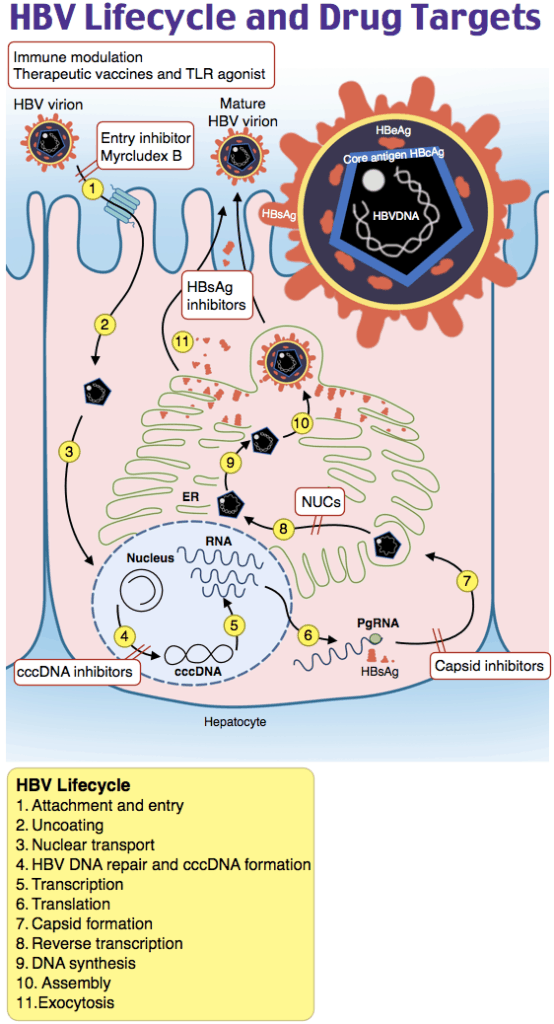How to Use Rosh Review with MKSAP for ABIM Board Review

I did not use Rosh Review to help study for the ABIM board exam, but I wish I did. To be honest, the ABIM exam is not especially difficult when compared to the gauntlet of USMLE or COMLEX exams a physician must take. MKSAP and adequate internal medicine training during residency are probably enough for most residents to pass the exam. Where Rosh Review really shines, though, is in its use as a tool for learning internal medicine. The other main strengths of Rosh Review are its flexible platform and comprehensive, visually pleasing explanations.
Disclaimer: Rosh Review provided me a free trial of their question bank for an unbiased review and advice about how to use it.
Flexibility
You can use the 2,002 questions in the internal medicine question bank however you like. Rosh Review has all the basics of a standard question bank, such as tutor/test mode and timed/untimed mode. They have a web-based platform and a mobile app for both Android and iPhone. You can also flag questions for review later and review incorrect questions. A unique aspect of the question bank is that it allows you to not only choose an organ system, like gastroenterology, but to focus on subtopics within that organ system, like esophageal disease or biliary tract disease. This is a powerful feature for those of us who want to really focus on specific topics during board review. I can also see this being particularly helpful to improve weak areas or to use when working on certain subspecialty rotations or with certain attendings.
I have experience with both MKSAP and NEJM Knowledge+ and both those platforms do not have this kind of flexibility. One of the most maddening things about NEJM Knowledge+ is that you cannot even flag questions you want to review later. Rosh Review is a great platform for those of us who like to target our own studying and customize what we want to learn more about.
Explanations
Rosh Review has concise and accurate explanations, and many of their explanations come with colorful diagrams and charts. It seems similar to the way UWorld does their explanations and is a step above MKSAP and NEJM Knowledge+. The graphics are beautiful and pleasing for visual learners.

Rosh Review also has a “One Step Further” question at the end of every question explanation that tests a concept related to the original question. Very thoughtful. This feature means you have bonus questions on top of the 2,002 standard questions. The quality of these explanations and the One Step Further questions makes the Rosh Review question bank a great tool for continuous studying in tutor mode throughout training.
Weaknesses
In my month or so with Rosh Review, my only complaint is that some questions seem like filler. Yes, there are over 2,000 questions available in the question bank, but some are very easy and seem to act as a bridge to get to the awesome explanations they have. By contrast, MKSAP seems to always have long question stems and well-thought-out questions.
How to Use Rosh Review with MKSAP
For most residents who are interested in using Rosh Review, I recommend purchasing the one-year plan early in your third year and using it as a longitudinal resource throughout the final year of training. As an example, if I had a four-week subspecialty rotation in rheumatology in my third year, I would schedule the first two weeks using MKSAP (read the section on rheumatology and do the questions associated with each section). During the last two weeks, I would set up a Rosh Review exam on all the rheumatology questions and try to get through them before the rotation ends. I would also flag any of the questions with particularly great diagrams so I could refer to them for future studying. Using Rosh Review longitudinally makes the most sense to me because it gives you the most time to see and review all the beautiful diagrams they have.
I can also see using Rosh Review as a cramming tool because of the flexibility to target specific areas that you want to study. However, you should finish all the questions in this question bank because of how great the answer explanations are.
Rosh Review is a high-quality question bank for internal medicine. It’s especially well suited for those who like to customize how they study, love visually pleasing explanations, and enjoy having a ton of questions available to answer.





Comments (0)